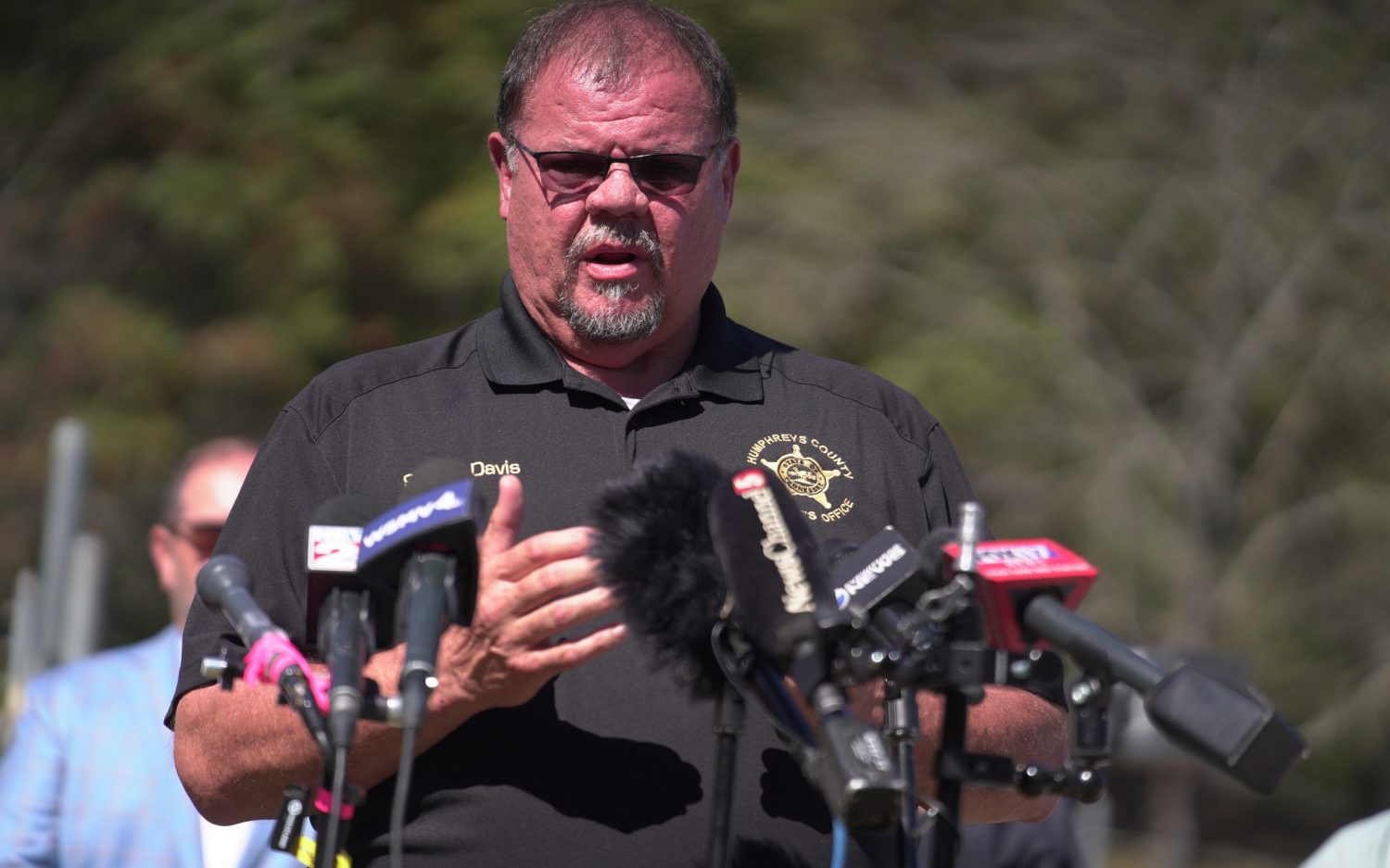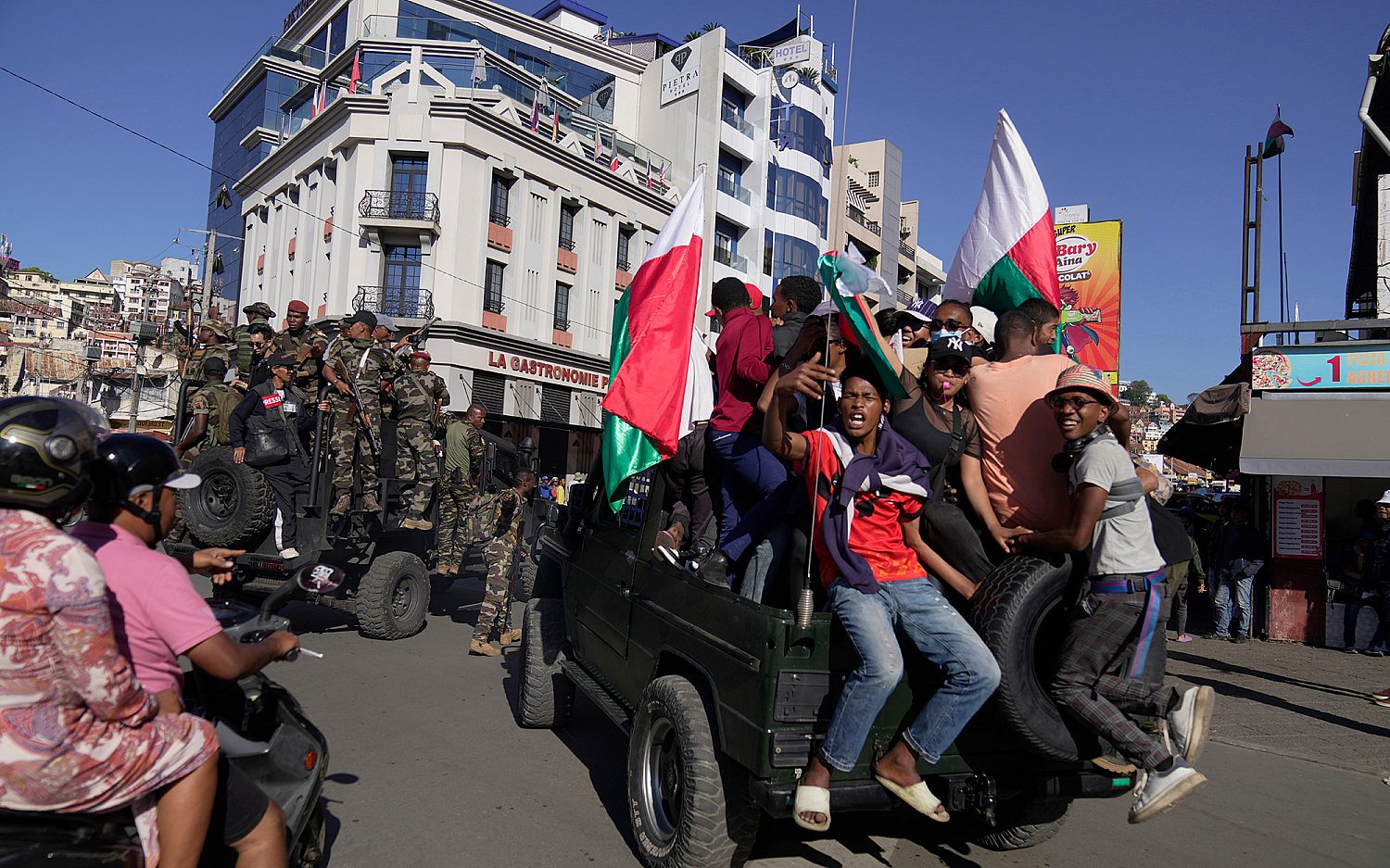Report: UN soldiers fled fighting in South Sudan
U.S.-based group says UN peacekeepers are failing their mission
UN peacekeepers fled their posts during renewed clashes in South Sudan’s capital in July and failed to protect civilians outside the bases, the Center for Civilians in Conflict said in a report released Wednesday.
The report, based on interviews with 59 civilians and 29 UN mission officials, is the latest in a thread of incidents in which peacekeepers have failed to protect civilians in the war-torn country. The U.S.-based group called on the Security Council to hold guilty peacekeepers accountable and ensure more support for its troops in conflict zones.
Hundreds of people have died in the renewed clashes between government and opposition forces in the capital, Juba. South Sudan’s civil war began in 2013, and unrest continues between the warring groups, despite efforts to implement a peace deal. In the July fighting, government forces killed and raped several civilians, including foreign aid workers, without sufficient intervention from the UN mission.
“The UN peacekeeping mission faced a challenging environment during the July violence in Juba, but it underperformed in protecting civilians inside and outside its bases,” said Federico Borello, the executive director of the Center for Civilians in Conflict.
The report said some Chinese peacekeepers withdrew into ditches and vehicles to shield themselves from gunfire during the fighting. By the next day, the peacekeepers completely abandoned their posts, leaving their weapons behind.
An estimated 5,000 displaced people fled to the core UN base seeking refuge since many peacekeepers had abandoned their stations. Witnesses recounted how they placed mattresses over the barbed-wire fence to get into the more secure area. The large influx left the peacekeepers struggling to handle the crowd. The peacekeeping force responded by firing teargas on the crowd the next morning.
“It was very, very harmful,” one 26-year-old woman told the group. “Some of us were seriously coughing and vomiting, especially a couple of old people who could not run.”
Outside the camps, peacekeepers refused to respond to incidents where government troops raped at least five international aid workers, assaulted a dozen others, and killed a South Sudanese journalist. After a ceasefire, the mission did not attend to incidents of rape and sexual violence against women and girls who left the bases in search of food.
The peacekeeping forces’ failure began before the July crisis. In February, government forces attacked a UN base in Malakal, which housed some 47,000 displaced people. At least 30 civilians died in the attack. An investigation by the UN confirmed the peacekeepers failed to act proactively and showed signs of lack of coordination.
“The UN mission is not effective,” said Meressa Dessu, a peace operations researcher at the Ethiopia-based Institute for Security Studies. “I can agree they have made contributions, but they’re not acting in the way the international community wants it to.”
Dessu called for the UN to provide the peacekeepers with more capacity to respond to such attacks and issue an executive order to disarm the militia.
The report noted peacekeepers battle with insufficient medical care and, in some cases, inadequate weaponry. Borello urged the UN to hold accountable the peacekeepers who defied their mandate, but also to take measures to prevent similar incidents in the future.
“The Security Council has sat idly by as the parties to the conflict have repeatedly obstructed [peacekeepers’] movement and used weapons, including heavy weapons, against civilians,” he said. “It is time for the Council to finally implement an arms embargo.”
An actual newsletter worth subscribing to instead of just a collection of links. —Adam
Sign up to receive The Sift email newsletter each weekday morning for the latest headlines from WORLD’s breaking news team.





Please wait while we load the latest comments...
Comments
Please register, subscribe, or log in to comment on this article.